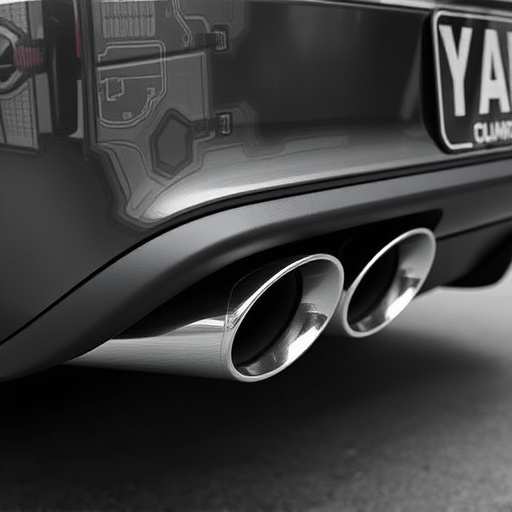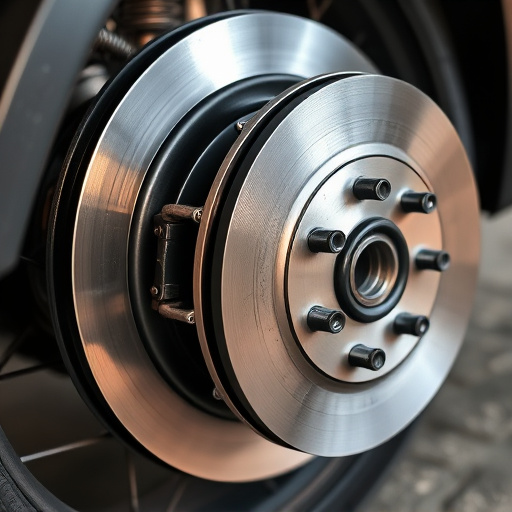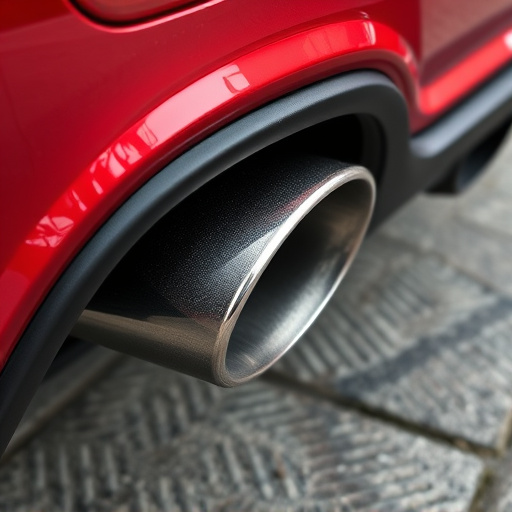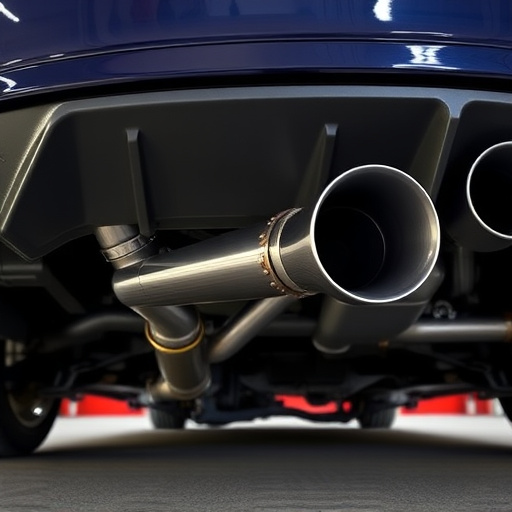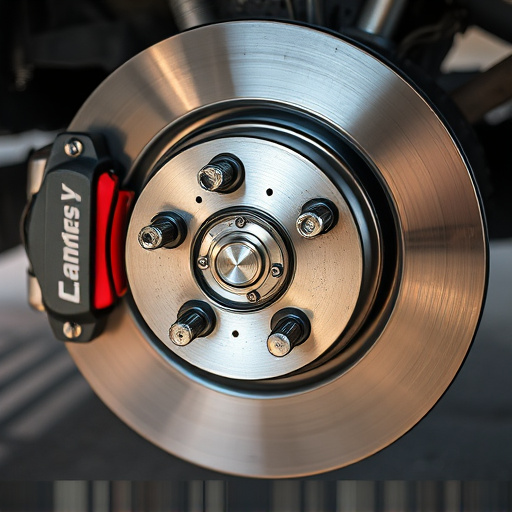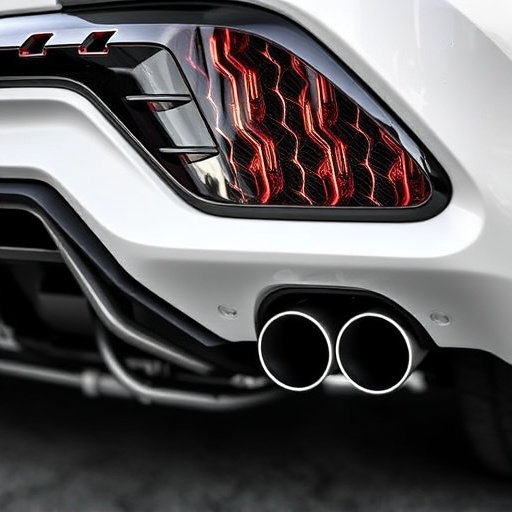Dyno tuning is a data-driven approach using specialized equipment (dyno) to measure and optimize vehicle performance. It identifies underperformance areas by assessing power output, torque, and efficiency. Focus areas include air intake/exhaust systems for better combustion, leading to improved acceleration and top speed without compromising safety or reliability. Dyno tuning serves as a powerful diagnostic tool, uncovering issues from brake pads to engine misfires, ensuring targeted repairs and enhanced overall vehicle performance.
Dyno tuning, a powerful tool in the automotive industry, is transforming how we diagnose and optimize vehicle performance. This advanced technique allows mechanics to uncover the hidden potential of underperforming cars by accurately measuring power output and torque. With dyno tuning, professionals can identify issues that may go unnoticed during routine checks, enabling them to make data-driven adjustments for maximum efficiency. This article explores the process, benefits, and key aspects of dyno tuning, offering insights into its role in modern vehicle diagnostics.
- Understanding Dyno Tuning: Unlocking Vehicle Potential
- Diagnosing Issues: Identifying Underperformance Causes
- Optimizing Performance: Achieving Maximum Efficiency
Understanding Dyno Tuning: Unlocking Vehicle Potential
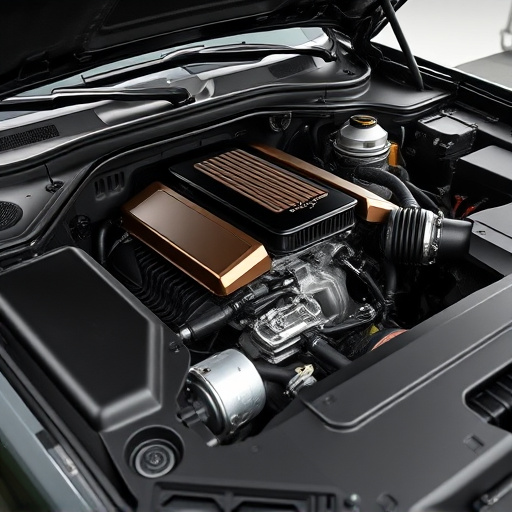
Dyno tuning is a powerful tool that allows automotive enthusiasts and mechanics to unlock the true potential of a vehicle. It involves using specialized equipment, known as a dynamometer (dyno), to precisely measure various parameters of a car’s performance while it’s under load. This process simulates real-world driving conditions, providing data on power output, torque, and efficiency. By understanding these metrics, experts can identify areas where a vehicle is underperforming and make informed adjustments.
One key aspect of dyno tuning is optimizing the vehicle’s engine performance through careful manipulation of factors such as air intake, exhaust systems, and even simple upgrades like air filter kits. Intake components play a crucial role in ensuring a car breathes efficiently, allowing for better combustion and increased power. By fine-tuning these elements, dyno tuning helps to achieve optimal engine performance, resulting in improved acceleration, top speed, and overall driving experience—all without compromising safety or reliability.
Diagnosing Issues: Identifying Underperformance Causes
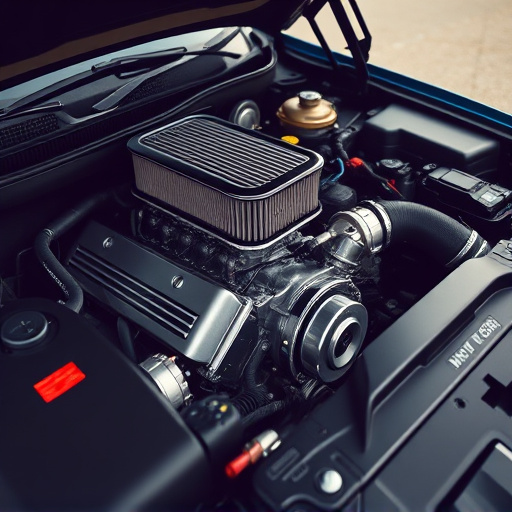
Dyno tuning is a powerful tool for diagnosing underperforming vehicles. By connecting the car to a dynamometer (dyno), technicians can measure key performance metrics such as power, torque, and fuel efficiency. This data helps in identifying specific issues that may be affecting the vehicle’s overall performance. For instance, problems with brake pads, exhaust systems (including cat-back exhausts), or even misfires can significantly impact a car’s dynamism.
Through dyno tuning, mechanics gain insights into the engine’s health and operational efficiency. It enables them to pinpoint areas of concern, whether it’s an inefficient combustion process, clogged air filters, or issues with the transmission. This diagnostic capability is crucial in ensuring that any repairs or modifications made are targeted, effective, and address the root causes of underperformance, ultimately enhancing both the vehicle’s performance and reliability.
Optimizing Performance: Achieving Maximum Efficiency
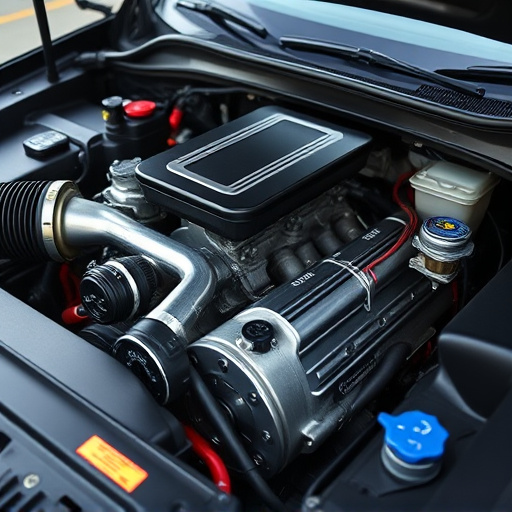
Dyno tuning is a powerful tool for optimizing vehicle performance, aiming to achieve maximum efficiency and power. By utilizing specialized equipment to measure and analyze various parameters while the engine is under load, mechanics can identify areas where adjustments are needed. This process involves monitoring critical components like the engine, transmission, and drivetrain, ensuring they work in harmony.
Through dyno tuning, mechanics can fine-tune settings for optimal combustion, enhancing fuel efficiency and overall performance. It also allows for precise adjustments to suspension components and brake systems, such as brake pads, to ensure every part of the vehicle contributes to its peak capabilities. This meticulous approach ensures that the vehicle runs at its best, providing drivers with a more responsive, efficient, and enjoyable driving experience.
Dyno tuning is a powerful tool for diagnosing and optimizing vehicle performance. By providing a controlled environment to test and fine-tune various components, it helps identify underperforming areas and achieve maximum efficiency. This process, involving advanced data analysis and precise adjustments, ensures vehicles run at their optimal levels, enhancing both performance and fuel economy. Dyno tuning is, therefore, an essential practice for anyone seeking to unlock their vehicle’s true potential.




